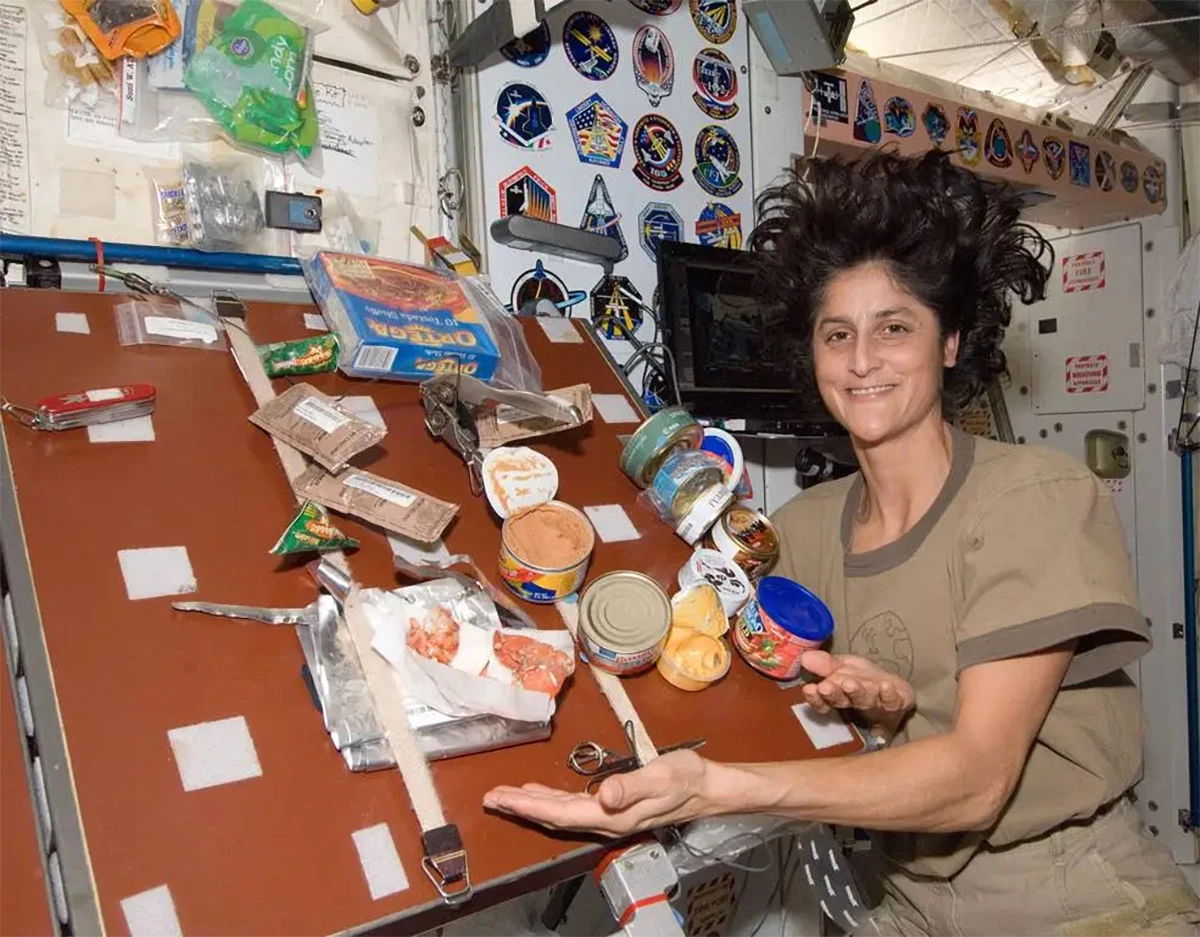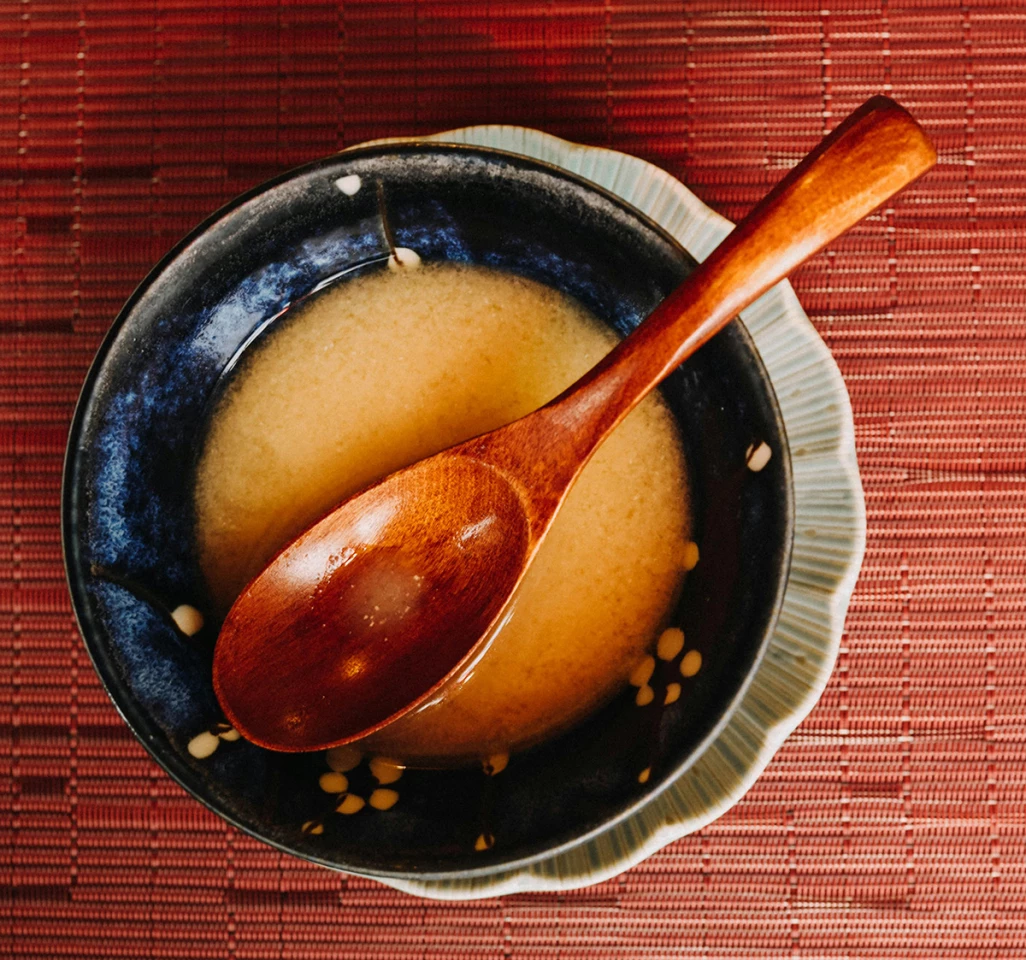If you've ever looked into the living conditions of astronauts in space, you probably know they make do with spartan arrangements, including mostly rehydratable meals.
While NASA and other space agencies do their best to provide a variety of tasty dishes, space crews still have to make do with a limited selection. And sadly, nasal congestion that occurs in space affects their sense of smell and makes food taste bland up there.
Researchers from Massachusetts Institute of Technology (MIT) and the Technical University of Denmark looked at whether it would be possible to open up new flavors in outer space, through the process of fermentation.

To that end, they sent a sample of miso – a Japanese condiment made from cooked soybeans, salt, and a mold culture called koji that delivers a punch of umami – off to the International Space Station (ISS) in 2020, to ferment up in Low Earth Orbit (LEO) for 30 days. They also fermented similar batches in Cambridge, Massachusetts, and another in Copenhagen, Denmark.
After retrieving the space miso, studying how it had undergone fermentation beyond the stratosphere, and comparing it with the Earthbound samples, the researchers concluded that it was quite similar in taste – although the ISS miso rated higher in the 'nutty' and 'roasted' qualities the samples were scored on.

That's interesting, because of two conditions in the ISS that are different from what miso would be subjected on the ground. The first is the microgravity in LEO, which prevented the miso sample from being weighed down as it usually would be while fermenting. This could change how gas bubbles form in the miso, and therefore affect its density and the manner in which microbial communities could grow. The second is the increased exposure to cosmic and solar radiation, which may also have shaped the microbial ecology – and affected the space miso's flavor.
Inferring from these results, the researchers believe that fermentation could unlock the food options available to astronauts on long journeys, since the process could be applied to preserve fresh foods for longer. It could also be used to create new dishes, seasonings, and condiments on longer missions, and it would be easy since fermentation doesn't require you to actually 'cook' anything. It could, in effect, lead to a new frontier in flavor.
Source: Cell






